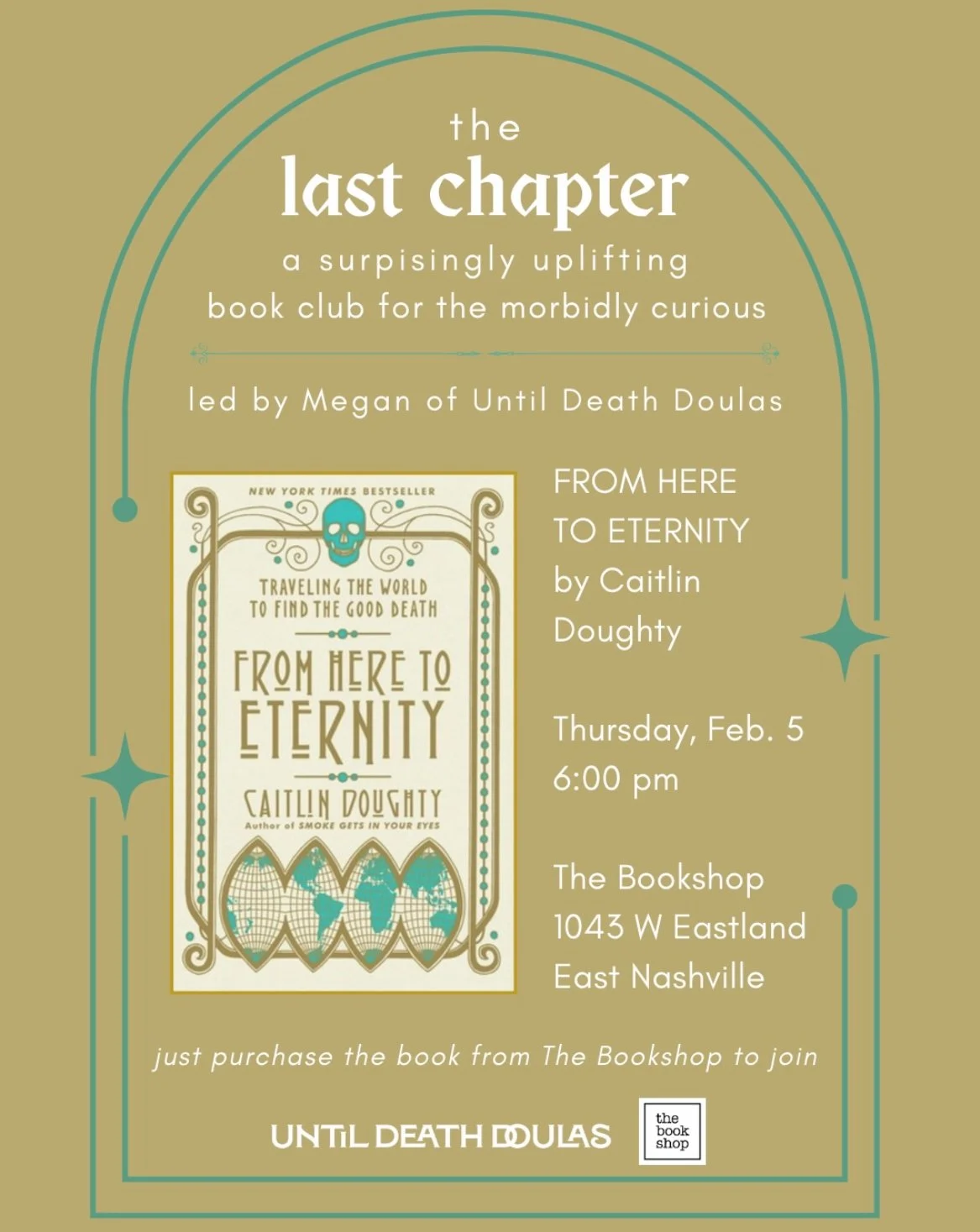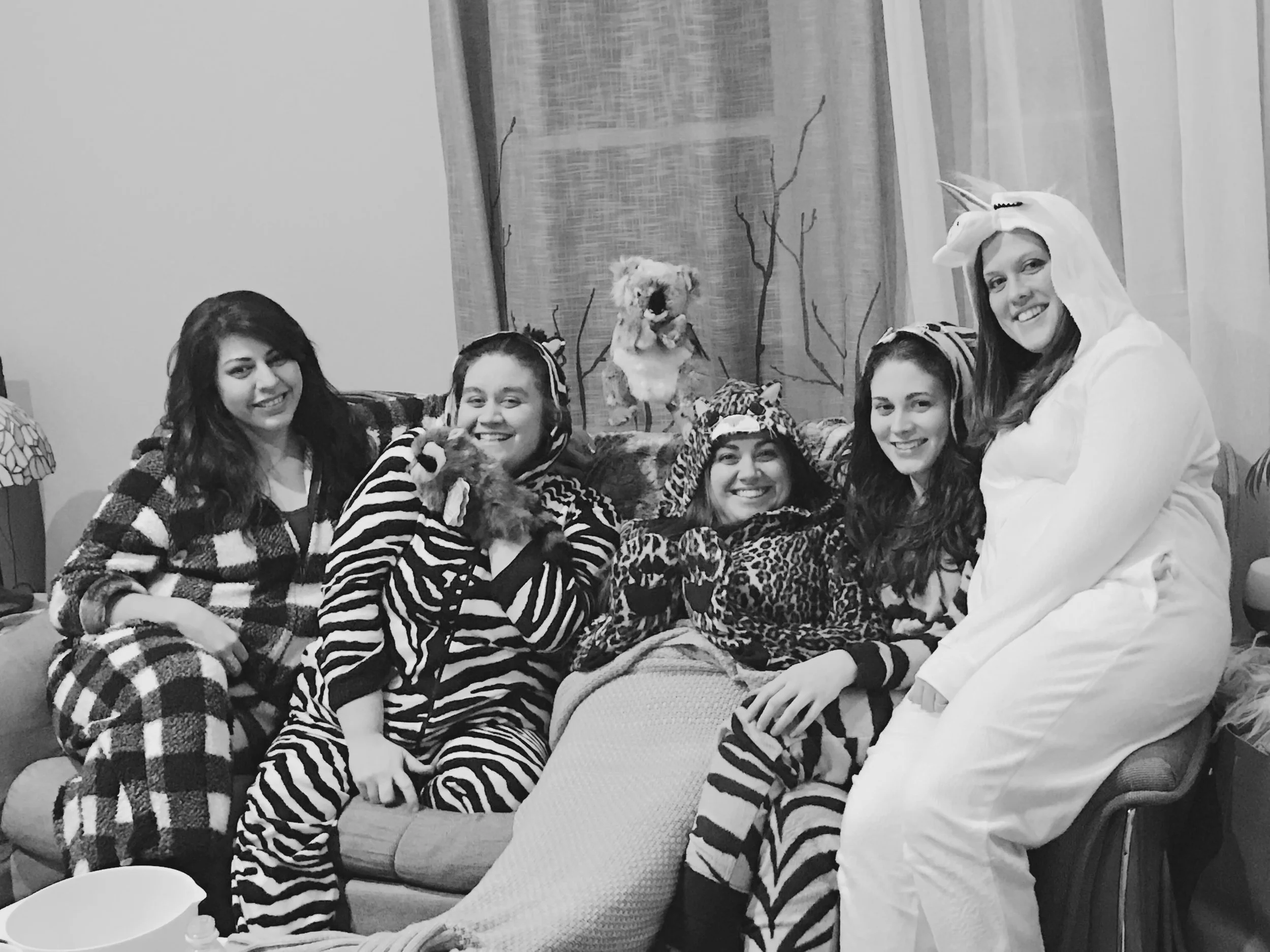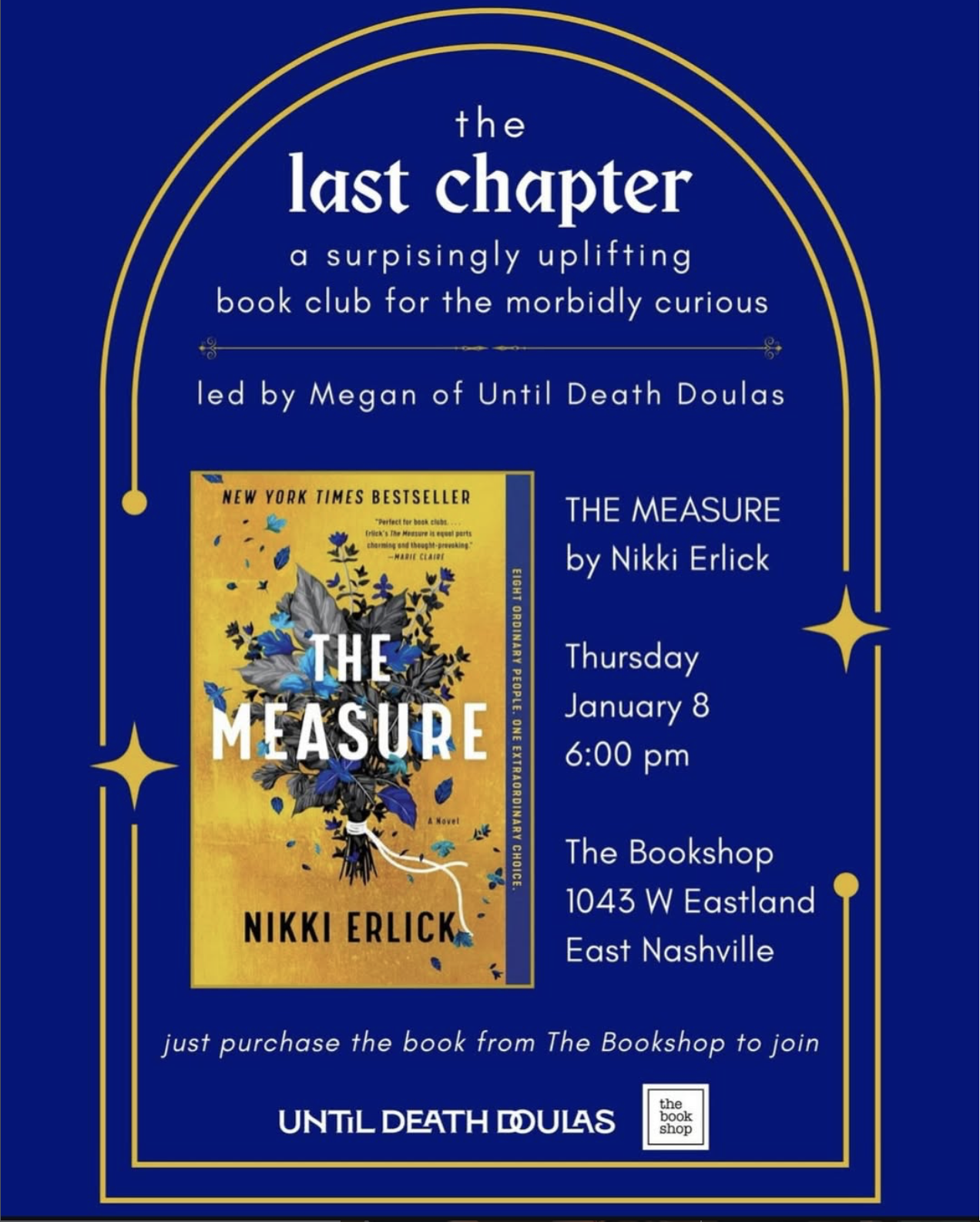Resources
Film
Last Flight Home - A film about Medical Aid in Dying (MAID)
End Game - A short documentary
Extremis - Documentary about doctors, patients, and families making end-of-life decisions.
Come See Me In The Good Light - Documentary about Andrea Gibson’s incurable cancer diagnosis and relationship with partner, Megan Falley.



